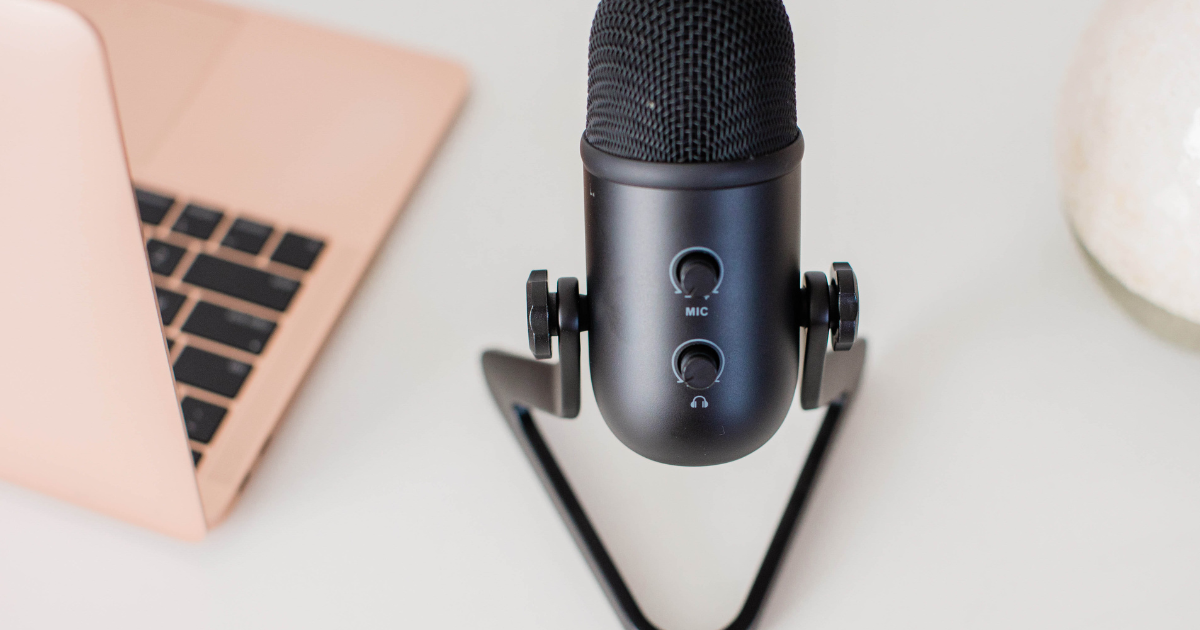The way we create and enjoy voices is changing because of AI vocals. But how do they differ from real human voices? Let’s take a closer look and understand the differences in the simplest way possible.
Understanding AI-Vocals and Human Voices
Think of two musicians working on the same song. One decides to use vocals AI, and the other works with a real singer. With vocal AI, the process is fast. The musician uses software, types the lyrics, picks a voice style, and within a short time, the software produces the singing voice.
On the other hand, the musician with a real singer has to spend more time. The singer warms up, practices, and records many takes until everything feels just right. This takes effort, but the result is unique and full of emotion. AI-vocals may save time, but human voices create a connection that’s hard to match.
How AI-Vocals Work?
They are made using computer programs. Developers train these programs by feeding them thousands of recorded voices. The AI learns how to match pitch, tone, and rhythm. It combines this information to create a voice that sounds real but is completely artificial.
When you hear AI vocals, you might notice they sound smooth and consistent. The software can even copy famous voices or create new ones. But when it comes to expressing feelings, AI struggles because it doesn’t feel anything, it only follows instructions.
How Human Voices Work?
Our voice is a part of us, not just something we hear. It comes from our vocal cords and carries our feelings, experiences, and unique character. This is why when we sing, our voices connect with others in a way that is truly unique to us.
Singers don’t rely on programming. They use practice and instinct to shape their voice. This is why human singing feels personal and alive. Even the smallest imperfections make it relatable and meaningful.
Where We Hear Vocals AI?
They are used in many places today. In music, producers use them to create songs quickly or try out new sounds. In movies, AI helps with dubbing or creating unique character voices. Video game developers also use AI tool to make characters talk in realistic ways.
What Makes Human Voices Special?
The major difference between human and AI are emotions. AI can be made to sound happy or sad, but it doesn’t actually experience those feelings. Because of this, its performance might sound flat or lifeless.
A real singer, however, brings genuine feelings to their voice. When they sing about love or heartbreak, you can sense it. Their emotions connect with the listener, making the song more powerful. This is something AI cannot truly copy.
Why People Use AI-Vocals?
They have some clear advantages. They are less expensive than hiring singers and booking studios. They also save time because they don’t need rehearsals or breaks. AI allows people to experiment with different styles and languages easily.
For small projects or quick tasks, vocals AI are very useful. They give creators more options and flexibility.
Why Human Voices Still Matter?
Even with all these benefits, human voices remain important. They bring creativity and uniqueness to music. Singers tell stories through their voices, adding personal touches that no program can imitate. Their imperfections and emotions make their performances unforgettable.
Human voices remind us of the effort and passion behind the music. They show us that there is a person behind every note, sharing a part of themselves.
Looking Ahead
AI and human voices are not enemies. They work well together. Many artists use AI vocals to create backing tracks or test new ideas while keeping human voices at the centre of their songs. This partnership allows for more creativity while preserving the emotional depth that only humans can provide.

